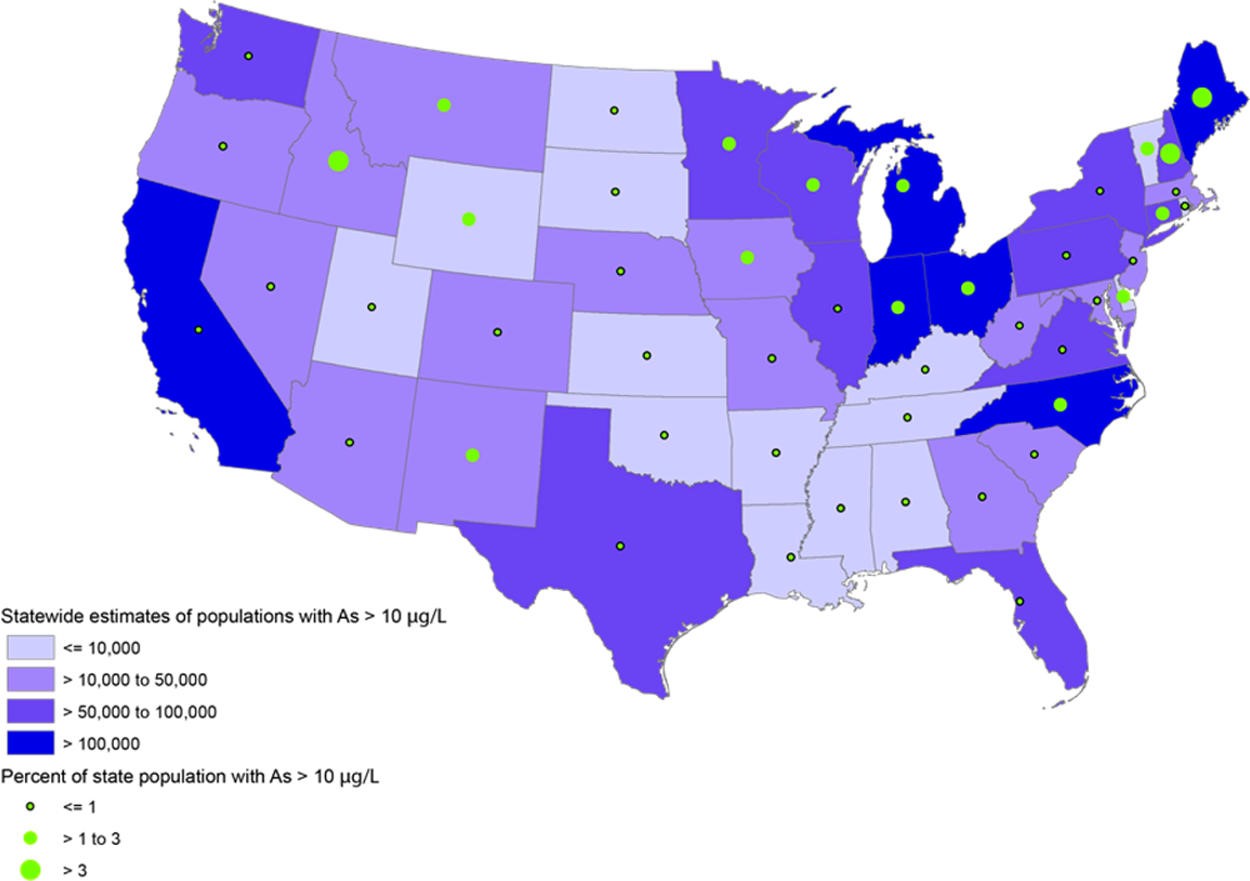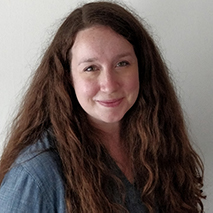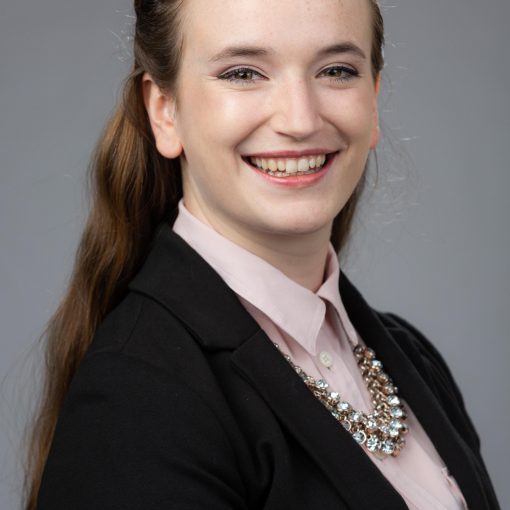By Joseph Laster, Summer Research Intern in Dr. Joel Meyer’s Lab
To My Good Friends,
I’m sorry that I haven’t been able to come home this summer to hangout! It has been strange to be away from home for a full summer, but to say the least, I have been making my way. As my mom would say, “You really are growing up.”
I have spent my summer working an internship at Duke’s Superfund Research Center as a member of a talented group of eight summer interns. It has been a joy working amongst different scholars from either Duke or our neighboring HBCU, North Carolina Central University. I have been conducting research as a member of Dr. Joel Meyer’s lab working under a spectacular mentor, Sarah Seay. My research has been focused on exposing a very small species of worm called C. elegans to different concentrations of cadmium to measure how the chemical affects the growth of the worm. This project has been magnificent as it exposed me to the realm of science in which my experiment won’t be over in a day – a trial will last for a full five days, and the work of analyzing results and what it all means takes even longer!
Although I have had a great time conducting my experiment, science always comes with challenges. To have worms of the same age, I needed to basically hatch them using a specific protocol that lasts for around 16 hours overnight. I executed the protocol perfectly, at least I thought I did. When I went to put my worms in the flask, I noticed that the solution was very cloudy. I looked under the microscope to check the solution to see a bunch of dead worms! Were they supposed to be dead? Yes, but they were supposed to dissolve after being exposed to a bleaching solution. After thinking hard for a few minutes, I realized that I missed an ingredient in the solution. This mistake not only disrupted my egg hatch, but it also prompted my last two full weeks of work to need to be switched around. However, this was a learning experience that taught me to always stay on my toes and have a plan.
The branch of science I worked in this summer is called toxicology, a study of chemicals and their health effects on humans and other living organisms. Toxicology and pharmacology have a very important relationship, since medicines need to be tested for safety before they can be sold. Toxicologists always say that too much of anything can be poisonous even if they are meant to help you. I’m now interested in the use of metals in drug discovery and what metals are necessary for the body. With pharmaceutical research as my career goal, I am happy to say that every day I feel closer and closer to my end goal.
Best,
Joseph





